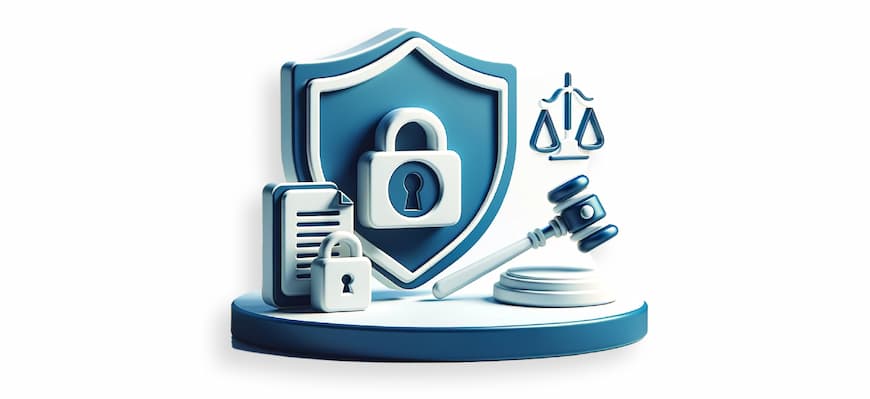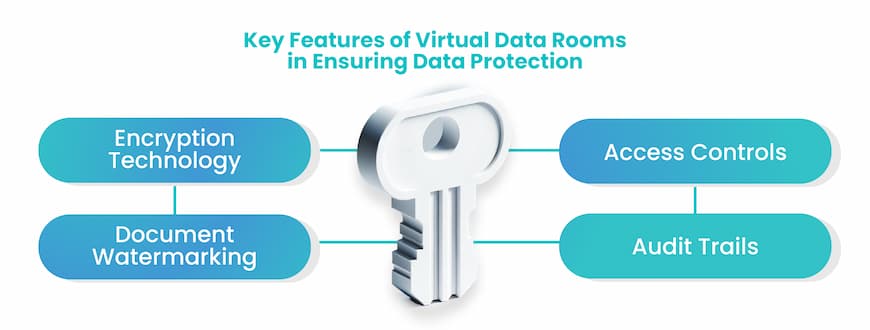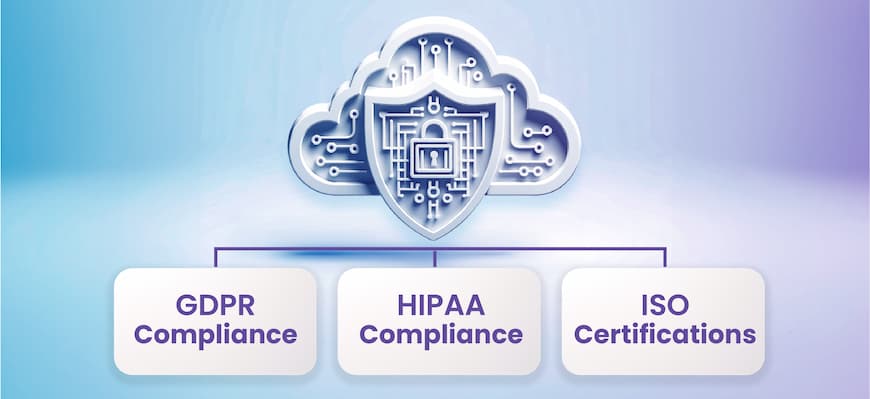In the era of digitization, data has become a crucial asset for businesses across various industries. With the increasing importance of data, the need for robust data protection and compliance measures has also grown exponentially. Virtual Data Room (VDR) providers play a significant role in addressing these challenges, offering secure and compliant platforms for managing sensitive information.
Understanding Data Protection and Compliance

Data protection involves safeguarding information from unauthorized access, disclosure, alteration, or destruction. Compliance, on the other hand, refers to adhering to regulatory requirements and standards governing the use and storage of data.
In a world where data breaches and cyber threats are on the rise, organizations are seeking reliable solutions to ensure the confidentiality, integrity, and availability of their data.
The Role of Virtual Data Rooms

Virtual Data Rooms are secure online repositories designed for storing and sharing confidential documents, especially during mergers and acquisitions, due diligence processes, legal proceedings, and financial transactions. VDRs facilitate seamless collaboration while prioritizing data security and compliance.
Key Features of Virtual Data Rooms in Ensuring Data Protection

Encryption Technology
VDR providers employ advanced encryption algorithms to secure data both in transit and at rest. This ensures that even if unauthorized access occurs, the information remains unintelligible without the appropriate decryption keys.
Access Controls
VDRs offer granular access controls, allowing administrators to define who can access specific documents and what actions they can perform. This ensures that only authorized individuals have the necessary permissions.
Document Watermarking
To track the origin of leaked information, VDRs often incorporate document watermarking. This feature adds visible or invisible marks to documents, aiding in identifying the source of any unauthorized disclosure.
Audit Trails
Detailed audit trails provide a chronological record of user activities within the VDR. This feature not only enhances accountability but also assists organizations in demonstrating compliance with regulatory requirements.
Ensuring Compliance with Data Protection Regulations

GDPR Compliance
Virtual Data Room providers ensure compliance with the General Data Protection Regulation (GDPR) by implementing features such as data minimization, purpose limitation, and the right to be forgotten.
HIPAA Compliance
For organizations in the healthcare sector, VDRs adhere to the Health Insurance Portability and Accountability Act (HIPAA) by implementing robust security measures to protect sensitive patient information. While some VDR platforms are not technically HIPAA compliant, their data centers often are.
ISO Certifications
VDR providers often obtain certifications such as ISO 27001, demonstrating their commitment to maintaining the highest standards of information security.
In the evolving landscape of data protection and compliance, Virtual Data Room providers play a crucial role in helping organizations safeguard their sensitive information. Through advanced security features, encryption technologies, and adherence to regulatory frameworks, VDRs provide a secure environment for managing confidential data. As businesses continue to prioritize data protection, the adoption of Virtual Data Rooms is likely to grow, contributing to a more secure and compliant digital ecosystem.
ShareVault has been providing organizations of all types and sizes with secure document sharing solutions for over 15 years.
